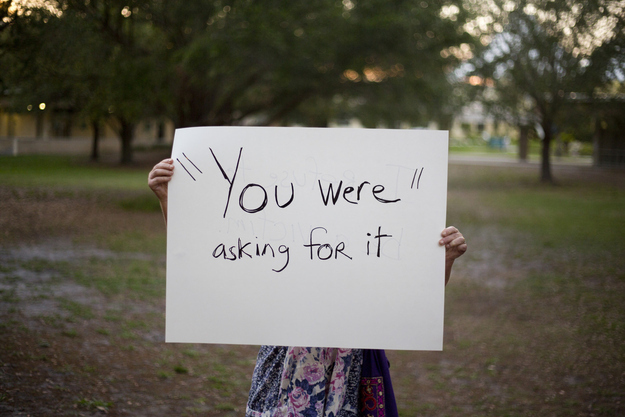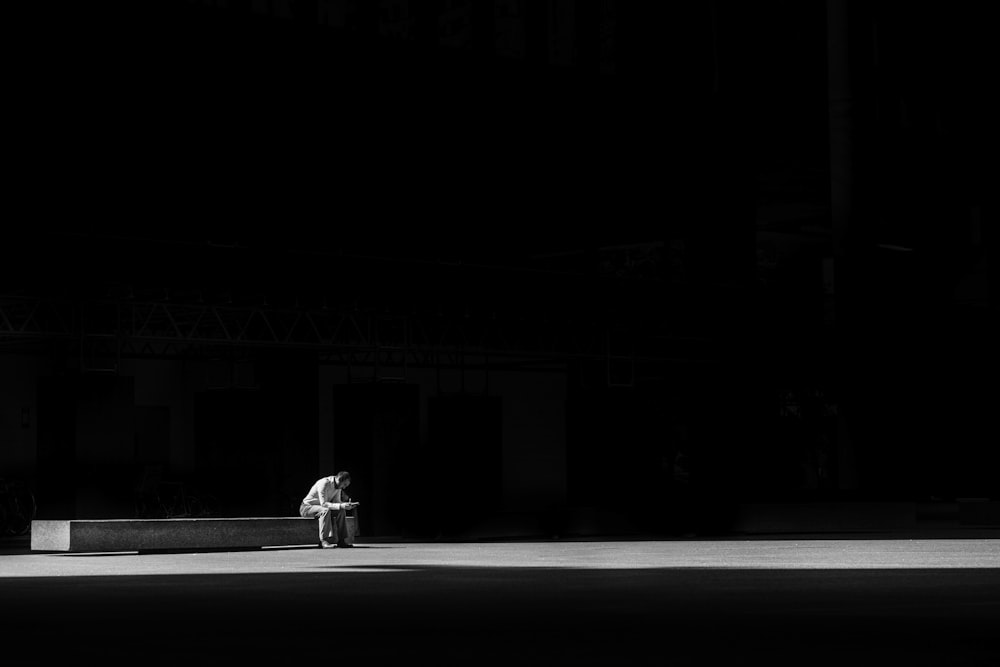This article discusses rape and sexual assault survivors and includes a rape victim’s thoughts and feelings on this topic. Please do not read ahead if you feel that this content may trigger you. There are resources at the end of the article should any of the content within this article upset or trigger you.
This article was inspired by an experience of mine during a university class on Environmental Crime. I was minding my business when by accident I overheard a conversation going on nearby. The conversation was focused on the idea that a majority of women lie about being raped or sexually assaulted. I won’t detail the full account of how truly uneducated and disgusting the whole conversation was but let it be known it made me sick to my stomach. I was shaking with rage. I was also shocked due to the conversation having nothing to do with the class we were in, so I hadn’t prepared myself for the possibility of this subject occurring.
The fact is that my virginity was taken from me while I was drunk and high on painkillers at a party. I was so out of it. All I can remember is flashes of the experience and pain. I woke up the next morning covered in bruises and sleeping in sheets stained with my blood. The experience left me with a crippling fear of penetration that manifested both physiologically and psychologically. It took me six years to seek medical and mental help for what happened because of the shame I felt. That’s what society does to our women though – we shame them, we victim blame them, we make them seem complicit in their own rape. To this day (and probably for the rest of my life) I have ongoing treatment to allow me to achieve successful sexual penetration. The experience has ensured my vaginal muscles are always in spasm which makes penetration near impossible. I take medication, and I use a special device to send electroshock signals to my muscles to try and desensitise them. I shouldn’t have to live like this. This was a vile act that caused lifelong changes to my body and mind.
Now, let’s talk about rape myths – common misrepresentations and beliefs surrounding rape. They include that people are ‘asking for it’ based on what they wear, men cannot be raped, sex workers cannot be raped, all victims come forward right away, and all victims scream and try to fight off the attacker.
When you add your voice into the mix (especially publicly) saying you agree with these myths, there is a detrimental effect on survivors and their progress to recovery if they overhear your conversation! It is very damaging, and survivors should not have to relive their trauma just because you’re uneducated. These dangerous myths cause so much harm and contribute to why sexual assault and rape are severely under-reported.
Survivors often don’t come forward and report what happened to the authorities. A main for this is secondary victimisation which is often referred to as a ‘second rape’. It can involve institutions such as police, medical staff and social service workers who are insensitive and end up blaming victims. This further traumatises the survivor and makes them feel violated.
The way that services intended to ‘help’ the survivor and how overall society treats survivors is a key reason why rape and sexual assault crimes are 90% under-reported. If you were in that position – having suffered a major violation of your body – would you knowingly subject yourself to secondary victimisation? Or would you feel as if you’d suffered enough?
To be raped affects you for the rest of your life. It triggers anxieties and negative thought patterns that society has instilled upon you – I remember thinking “it was my fault, I shouldn’t have been drinking” after my experience. However, now I have changed my thought process thanks to therapy and education. I know it was my rapist’s fault. He knew I was drunk and high and he chose to take advantage of that. It is never the survivor’s fault.

If you are partaking in the reinforcement of harmful stereotypes and rape myths, then be aware that you are hurting people you love and care about. As discussed, a majority of survivors do not come forward because they are afraid of being spoken about the way you are so callously speaking. It is well within the possibility that you know and love a rape survivor – 17% of women and 4% of men in Australia are survivors of rape and sexual abuse. Of course, we know that this number is higher due to the mass under-reporting of rape and sexual assault.
Only one in six cases of reported rape or sexual assault end with a prosecution of the offender. Why would anyone subject themselves to the shame, humiliation and pain of reporting what happened to them if people won’t believe them? And even if they do, it is very likely the offender will walk away free.
Think about what you say – would be saying the same thing if you were raped? What if it were your mother? Your best friend? Your daughter? I don’t think you would be. Try and show some empathy. Educate yourself, talk to a rape survivor. All survivors who have come forward will be able to tell you that no sane person would ‘pretend to be raped’.
The point I am trying to make is that unless you’ve experienced it, you have NO idea what it is like to go through life as a survivor. I’m sure it wouldn’t kill you to keep silent regarding sensitive topics while you’re in public – you never know who is listening or what harm you may be doing to them.
If anything in this article triggered you or you need any support you can find it here.


